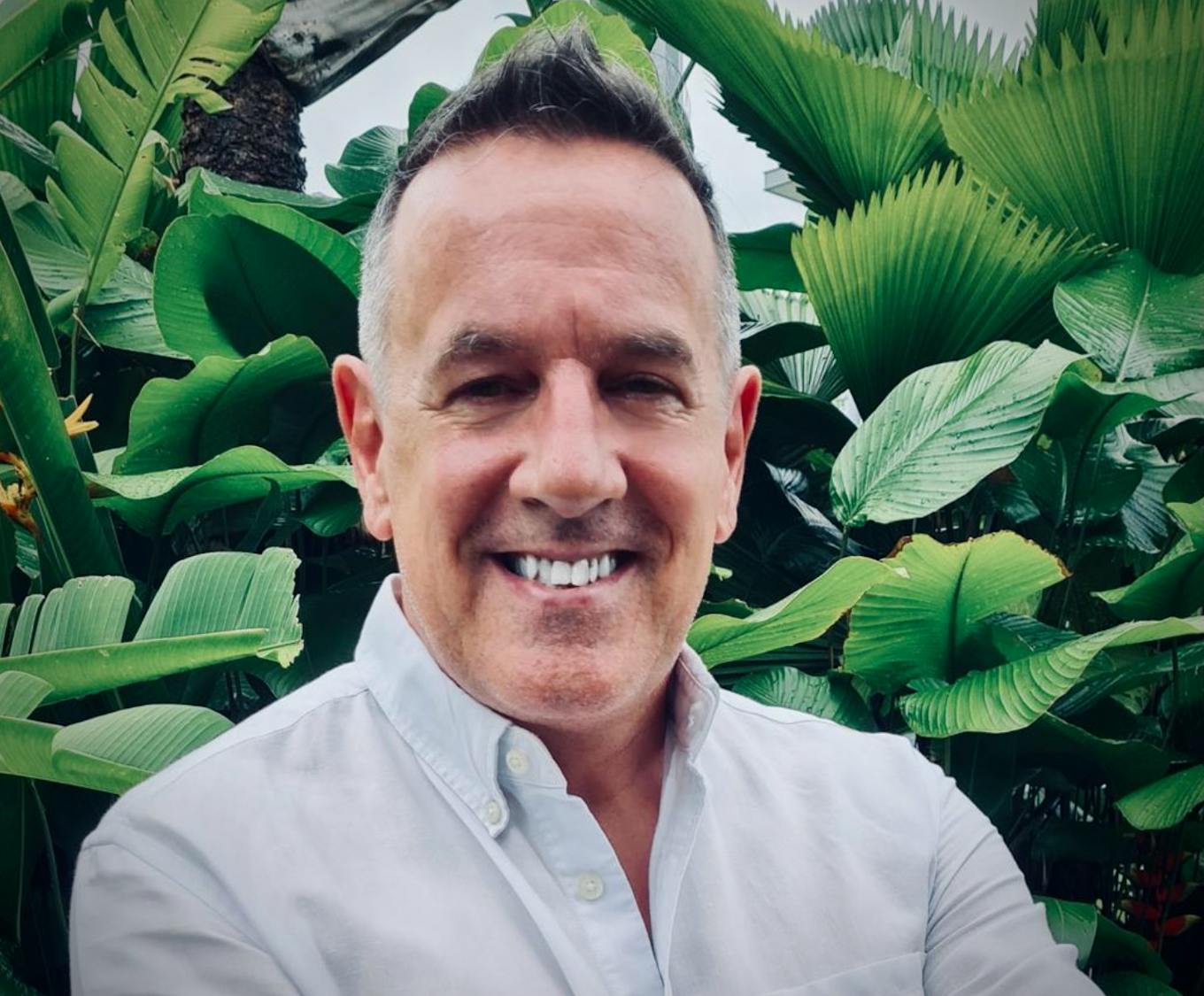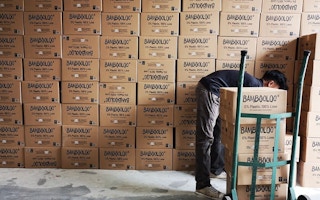The founder and chief executive of Singapore-headquartered sustainable tissue firm The Nurturing Company (TNC) is stepping down after more than 10 years running the business.
To continue reading, subscribe to Eco‑Business.
There's something for everyone. We offer a range of subscription plans.
- Access our stories and receive our Insights Weekly newsletter with the free EB Member plan.
- Unlock unlimited access to our content and archive with EB Circle.
- Publish your content with EB Premium.
David Ward, a former sports retail executive who launched the bamboo-based toilet roll, tissue paper and wipes brand in 2014, announced he was leaving the company in a LinkedIn post on Sunday (23 July).
“I have given all I had, and maybe more than I should have in trying to make The Nurturing Co live and grow. But I can give no more, as there is no more to give,” he wrote in the post.

Asia’s investment community has prioritised funding technology-based solutions over “real” products such as sustainable consumer goods, says the departing founder of struggling bamboo tissue business The Nurturing Co. Image: David Ward
Ward, who lives in Malaysia, said he is seeking “immediate” paid work elsewhere, in a business-building role in the sustainability sector.
The Briton told Eco-Business that he had been unable to attract investment to scale TNC and the company’s licensing model, introduced to reduce costs, had not been generating sufficient cashflow.
Ward said that he had not been taking a salary and has been drawing from his personal savings to keep the business going.
TNC has established licensee partners in Singapore, Malaysia, South Korea and Thailand this year, and has been in discussions with potential licensees in India and Taiwan, but has not been able to secure investment for future growth.
“We were growing but didn’t have the funds to grow further,” he said of his company, which sells brands including Bambaloo toilet tissue and sanitary solution Wipeless, marketed as “tree-free, one time use plastic-free, earth-friendly daily use essentials.”
The investment community has prioritised funding technology-based solutions, such as climate tech and carbon measurement, rather than “real” products such as sustainable consumer goods, Ward commented.
“Building camels rather than unicorns takes time. We’ve tried to make the business asset-light by going for a licensing model. Building a real company is a game of patience. But we just couldn’t raise sufficient working capital,” he said.
Rising costs, a resistance to raising prices from retailers, and muted interest in sustainable products among Singapore consumers has made keeping TNC going challenging, Ward told Eco-Business.
“What people talk about here [in Singapore] is still not reflected in their buying decisions,” he said.
TNC will continue to run, although a successor to Ward as CEO has not yet been identified. Ward said that the company’s mid-to-long term opportunities are “very good” but there is still a need to bring operating costs down.
Ward previously worked in retail before entering the sustainability sector more than a decade ago. He held positions as global head of brand licensing for sports brand JD Sports Fashion Group, global sales director for Fred Perry and European managing director for Perry Ellis Group, based in the United Kingdom.












